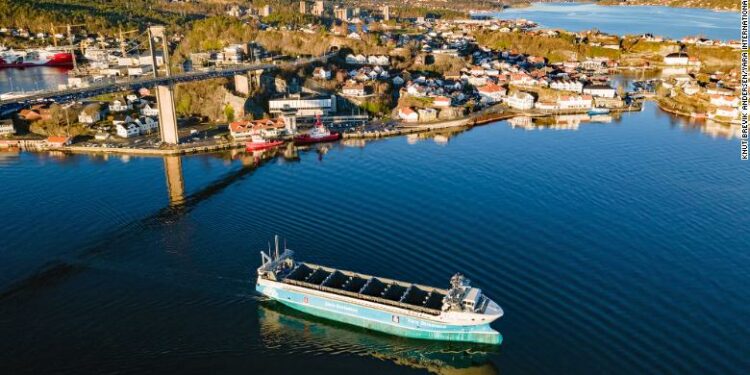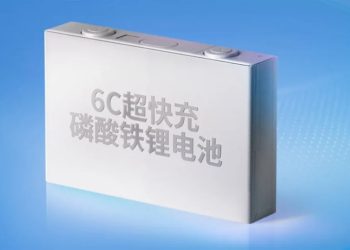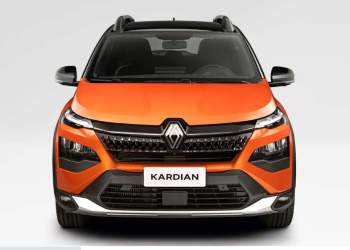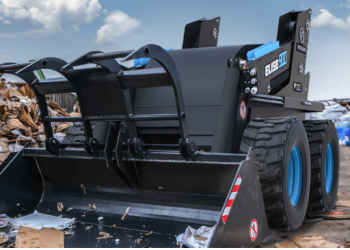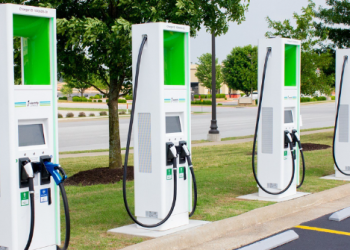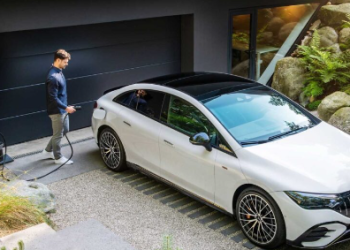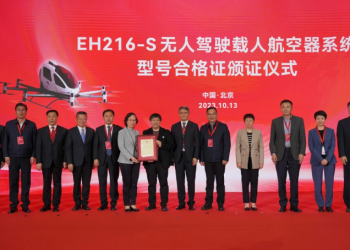Technology is advancing so fast in current times that before 2021 ends, the first electric and autonomous cargo ship will make its first journey after several years of hard work and planning, resulting in a more sustainable and emission-free marine mobility, while not affecting the development of the cargo transport business.
What started as a concept in 2017 is now a reality thanks to the Norwegian company, Yara International, though at first instance it was a purely electric boat setting aside autonomous driving as a possible option, which finally ended up being implemented for extending positive features and marine vehicle technological advances.
Encouraging sustainable agricultural operations and reducing carbon emissions affecting the planet are among the many advantages of this autonomous electric cargo ship, scheduled to make its first unmanned trip between two Norwegian cities located very close to the south: Herøya and Brevik.
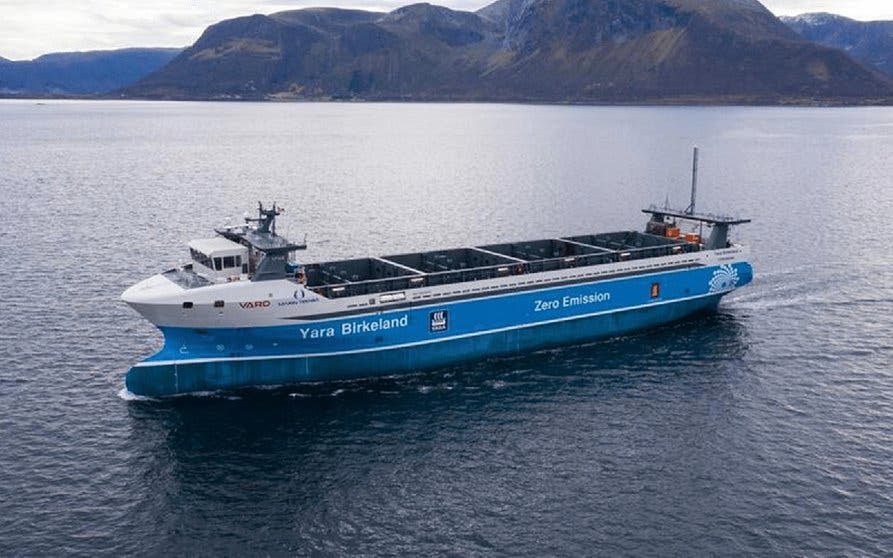
The fact that there are no people on board does not mean that it will be unmanned, as the freighter will be constantly monitored by three control centers located on land. One of the ship’s objectives, beyond its self-mobility, will also be to be capable of executing other operations necessary for the correct journey.
Related content: Futur-E: The Electric Boat Surprising Everyone with its Sportiness
Cargo Ship’s Mechanical Details
The autonomous electric cargo ship is powered by two 900 kW Azipull pods, along with two 700 kW tunnel thrusters, which are powered by a large battery with 7 MWh capacity, to develop a maximum speed of 7 knots (24 kilometers per hour).
In cargo level, the ship has room for 120 containers of 6 meters in length, or conversely, 60 containers of 12 meters each, providing a large number of goods that may be transported through the seas without environmental pollution. Currently, it will be in Norwegian waters, but the company plans to expand to a larger number of European nations.
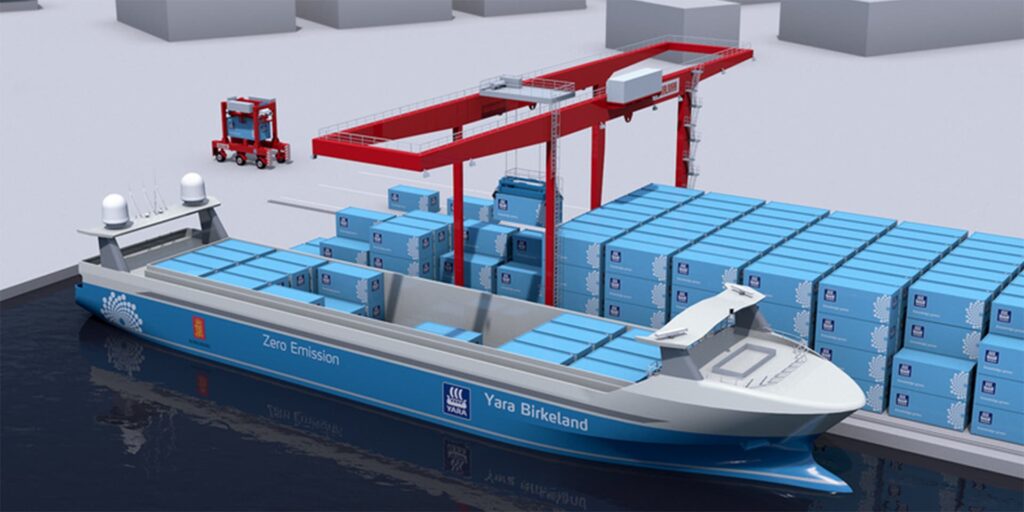
Based on the company’s numbers, with the future expansion of the electric and autonomous freighter, 40,000 annual diesel truck routes will no longer be needed to fuel the freight economy, contributing significantly to carbon emissions reductions, and the plan to eradicate them completely by 2050.
Written by | Ronald Ortega



